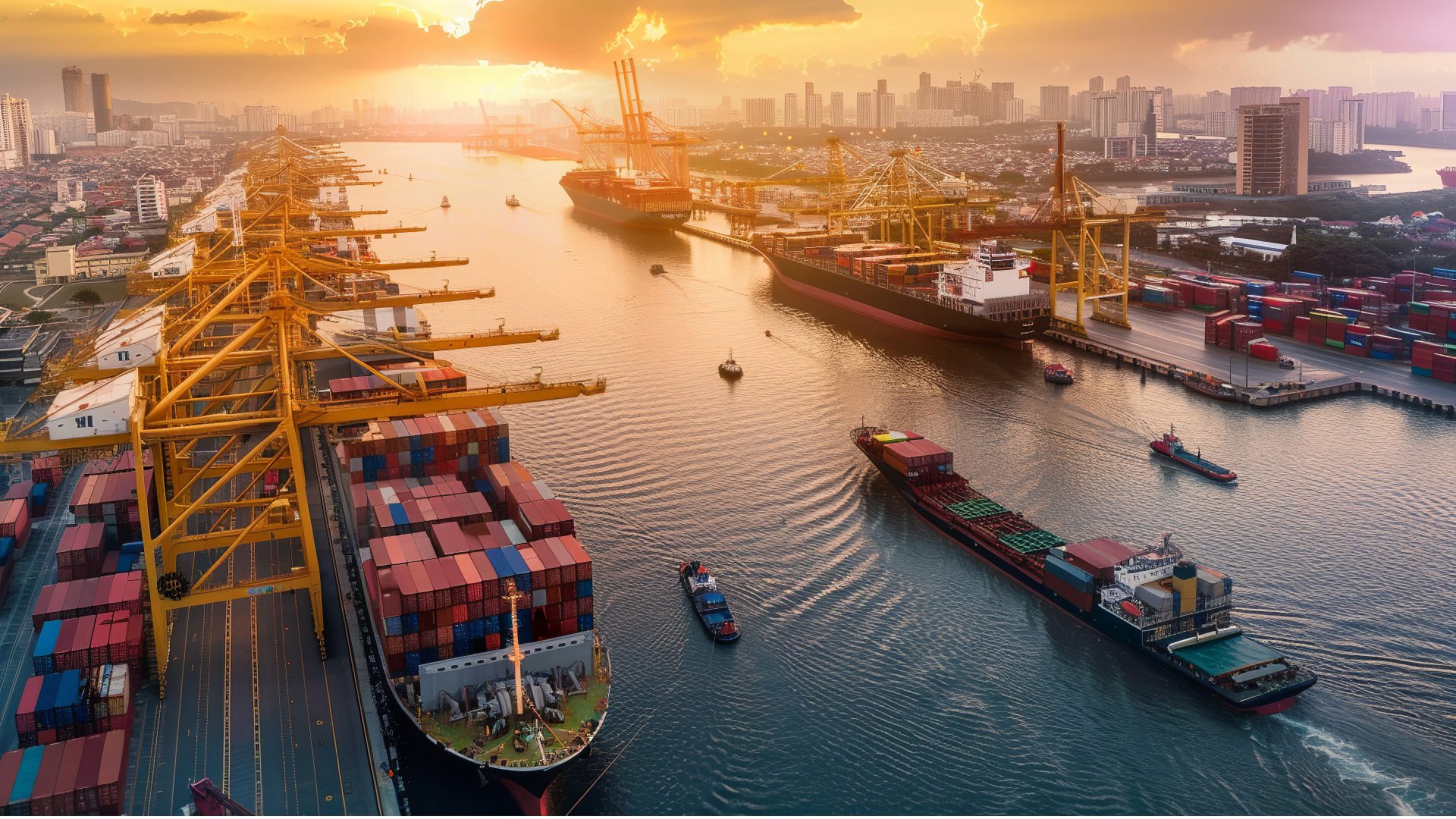The passage of the Ocean Shipping Reform Implementation Act (OSRA 2.0) by the US House of Representatives marks a pivotal moment in bolstering oversight and safeguarding the interests of US ports and shippers. Introduced by Representatives Dusty Johnson and John Garamendi, OSRA 2.0 builds upon the foundation laid by its predecessor, the Ocean Shipping Reform Act of 2022, to address pressing concerns related to market manipulation, foreign influence, and fairness within the shipping industry.
Key provisions within OSRA 2.0 signify a proactive approach towards combating unfair practices and ensuring a level playing field for all stakeholders. One such provision is the expanded definition of “controlled carriers” to include shipping lines associated with non-market economy countries, particularly those under investigation for anti-competitive practices. This broadened scope empowers regulatory bodies like the Federal Maritime Commission (FMC) to address unfair advantages and market manipulation concerns effectively.
Furthermore, OSRA 2.0 enables US shippers to file complaints against shipping exchanges suspected of market manipulation, thereby promoting transparency and integrity in pricing mechanisms. The legislation seeks to foster a more equitable environment for all participants by addressing concerns over freight rate indices and data transparency.
Another significant aspect of OSRA 2.0 is the prohibition of using specific Chinese-developed software by US terminal operators. This measure underscores growing concerns surrounding data security and foreign influence, particularly within critical infrastructure such as port operations. By safeguarding against potential vulnerabilities, the legislation reduces risks and helps protect the security of US port operations.
Additionally, OSRA 2.0 establishes committees to advise regulatory bodies on industry practices, facilitating dialogue between stakeholders and regulatory authorities. This collaborative approach promotes informed decision-making and industry best practices, strengthening oversight and regulatory effectiveness.
The bill’s emphasis on establishing data standards for maritime freight logistics is also noteworthy, signaling a commitment to enhancing transparency and efficiency within the supply chain. By standardizing data protocols, OSRA 2.0 aims to streamline operations, reduce inefficiencies, and improve industry performance.
Widely supported by shipper groups and industry associations, OSRA 2.0 drew support for its potential to protect US shippers, increase transparency, and strengthen regulatory oversight. This endorsement underscores the significance of OSRA 2.0 in addressing long-standing challenges within the ocean shipping industry and fostering a more resilient and competitive maritime ecosystem.
OSRA 2.0 represents a comprehensive approach to fortifying regulatory oversight, enhancing transparency, and safeguarding against external influences in the US maritime industry. The legislation paves the way for a more robust and resilient shipping ecosystem by promoting fairness, integrity, and competitiveness.
If you want to know more about how OSRA 2.0 impacts your cargo, contact Coppersmith for more info.
